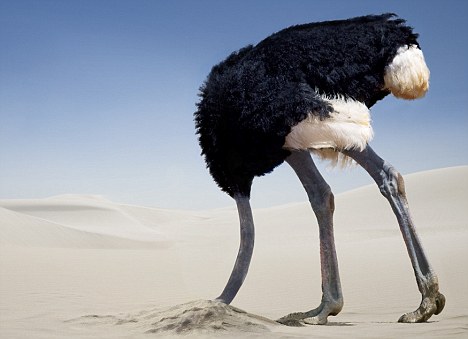I would be interested in hearing more about this. What are some of the specific activities?
Hmmm, well, not sure what kinds of themes you're interested in? In Judaism, this would mean any act which violates Jewish law (which is derived from Torah, obviously). So, "sin" could be anything from committing murder to eating shellfish, from gossiping to getting a tattoo, from bearing grudges to mixing meat and milk, from "coveting" your neighbor's possessions (which means contriving to acquire them, BTW) to failing to feed the dog before the family sits down to eat. And on and on. Although we do break down the laws into various conceptual subcategories, like for example
mishpatim ("justice," ethical laws governing relations between men, which can be analyzed rationally) as opposed to
chukkim ("fiat," arbitrary and irrational laws, typically forms of ritual discipline),
in principle Jewish law establishes no formal priorities for observance whereby some "sins" would be "worse" than others.
* But in practice, unquestionably it's the ethical laws which receive the lion's share of attention. (In general, Reform Jews commit only to following the ethical laws, treating the ritual ones as optional. So while there is some overlap in specific proscribed acts, they couldn't really be said to follow the same view I do of "the nature of sin.")
I'm not qualified to say much regarding Islam, but the basic principle is the same: "sin" consists of discrete acts which violate Islamic law; it isn't an ongoing existential condition of alienation from God which humans are powerless to redress on our own. However, Islam--unlike Judaism, but like almost all forms of Christianity--does have a doctrine of "Hell," so that would be a difference with important implications for the understanding of sin.
[
* There is somewhat of a Jewish equivalent of "Love the sinner, hate the sin" that you'll occasionally hear antigay religious Jews invoke regarding homosexuality, where they'll protest that they find it no more or less wrong than all the hundreds of other violations they strive but often fail to avoid, such as not gossiping, not eating this or that, etc. I find this equally disingenuous, for pretty much the same reasons.]
The new kid on the block is moral relativism.
This isn't new; it's the core dilemma of modernity, and we've been brooding over it since the Renaissance. A central theme of
Hamlet, for example, is the paralyzing indecision which results from having grown too far away from the feudal world to submit one's will to its imperatives (something Laertes still finds easy), yet having no alternative means available for attaining absolute conviction as to how to proceed righteously. (And speaking of "elsewhere," when I taught
Hamlet in seminar in HK a few years back, my Chinese students, most of them mainlanders, had no difficulty recognizing this dilemma. There were other aspects to the text they had difficulty understanding, but not that.)


